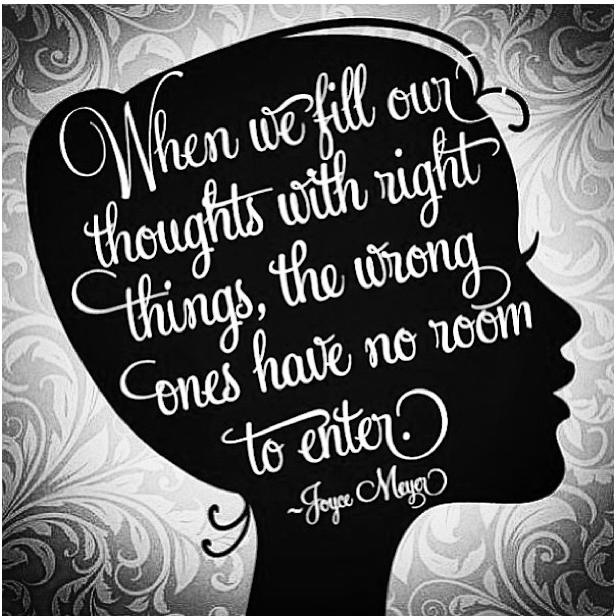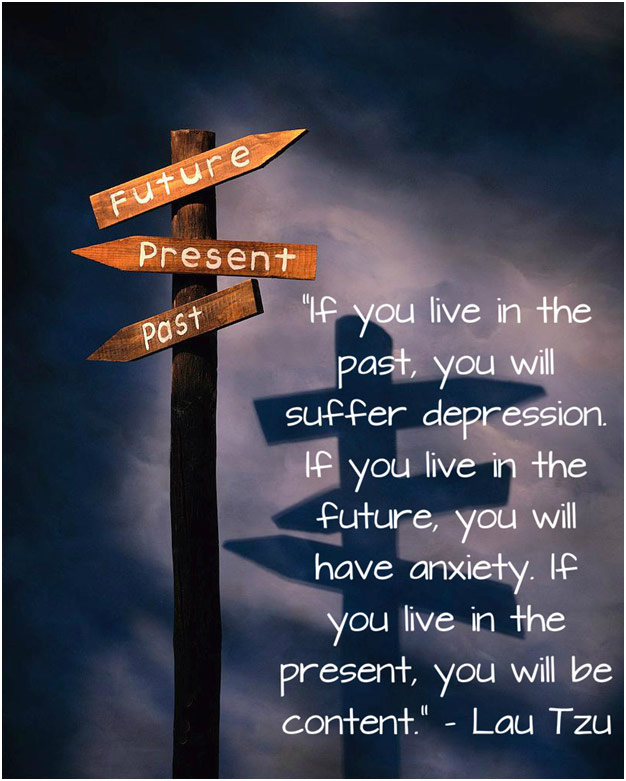
I do not know about you, but once, whenever I thought about freedom, I thought of a prison. I imagined someone trapped in a closed place against his will. It was always a physical place, with bars and darkness, and just thinking of it upset me.
When I started studying how the brain works, my perception changed. I learned that there is another prison – a very secure place that is the hardest to escape. Most of us live in the prison of our own mind, in which we are limited by our way of thinking.
I remember the time that I experienced the loss of my child. I could feel how quickly I was building my own prison and how each thought was adding one more bar and one more lock around me. The hardest realization was that only I could set myself free.
No one in their normal mind wants to be trapped inside their mind. Yet, in some way or another, we all are. This is because we are not in our normal mind. Yes, me too. Do not take this too hard, but Buddhists think we are all delusional, trapped in the prison of our own ego.
Think about it: imprisonment is the absence of freedom. We only desire freedom when we feel that we do not have it. If you feel free, why would you search for freedom? This comparison between what we have and what we lack, followed by the bad feeling we have about it, is a prison in itself.















